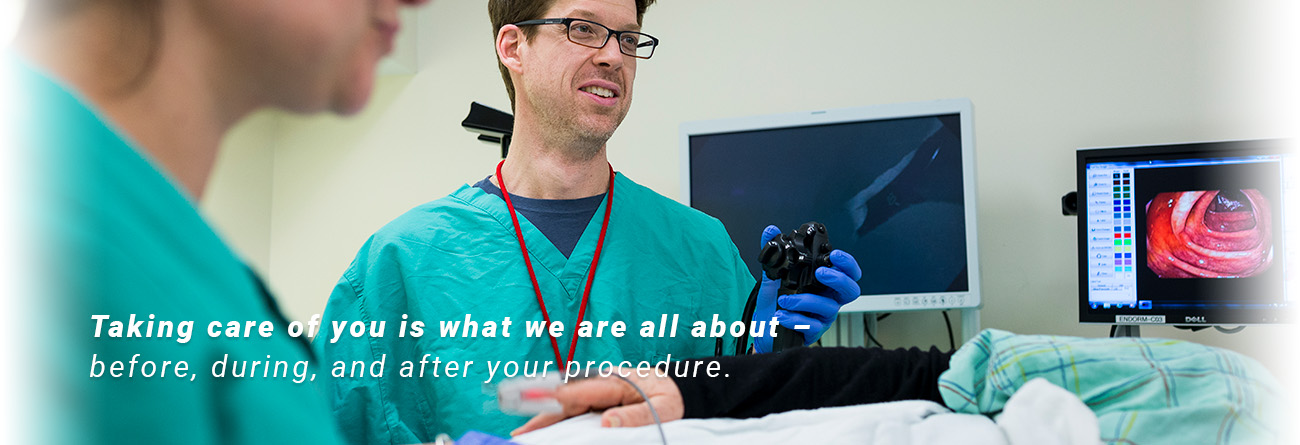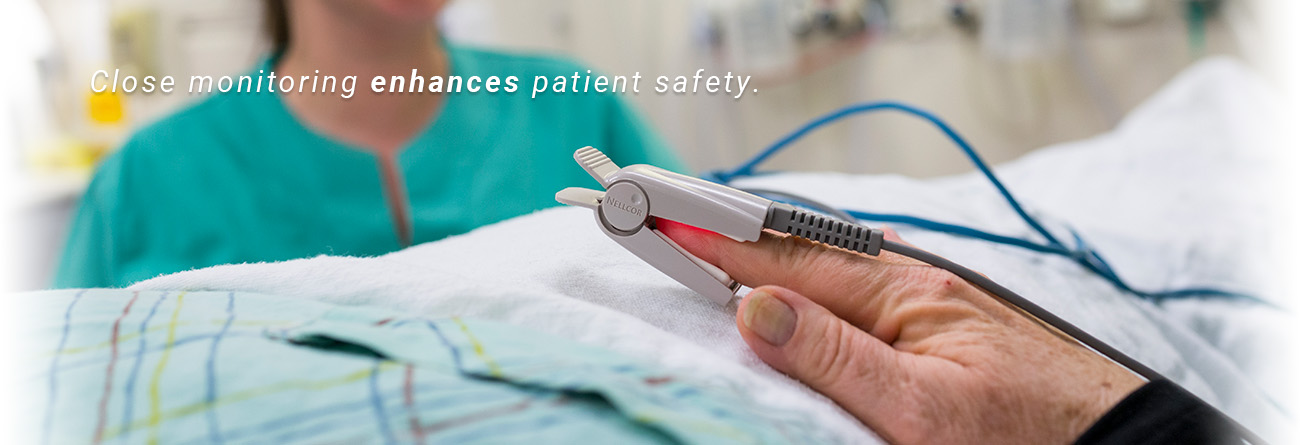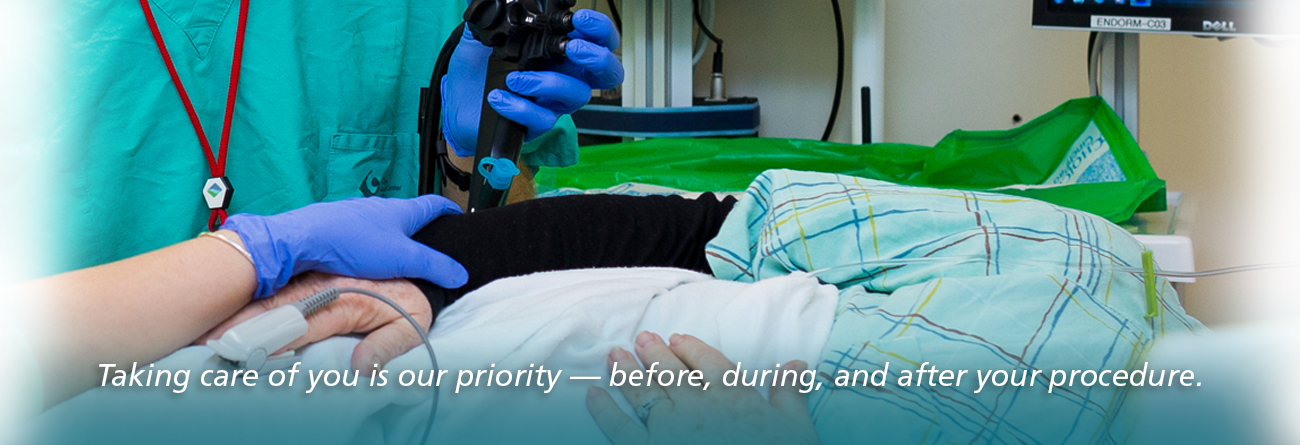About
Gastroenterologists specialize in preventing, diagnosing and treating digestive tract and liver disorders. These mainly include conditions involving the pancreas, liver, gallbladder, esophagus, stomach, small intestine and colon.
Our team of gastroenterology care providers is deeply committed to excellent customer service for each and every patient in our care. Our doctors, nurses, technicians, and support staff understand that patients are often anxious. We are committed to making your visit as comfortable and stress-free as possible.
Our caregivers emphasize clinical excellence, compassion, and patient confidentiality. We will ask you for feedback on the care you received so that we can continually improve our service.
Conditions treated include:
Cayuga Endoscopy Center
Most gastroenterology procedures performed in Ithaca are scheduled at the new Cayuga Endoscopy Center, though certain, specific procedures are performed at Cayuga Medical Center. Patients in and near Schuyler County also have the convenient option of receiving their care in the Schuyler Hospital Specialty Clinic and endoscopies and colonoscopies in Schuyler Hospital’s surgical suites.
- With four procedure rooms and nine spacious, private, pre- and post-operative patient rooms, Cayuga Endoscopy Center is the largest dedicated endoscopy center in the region.
- Patient care is provided in a setting that offers comfort and privacy. Parking at the center is very convenient, with easy access and streamlined patient registration.
- Our gastroenterology specialists perform a wide array of gastrointestinal (GI) tract procedures, including procedures involving the upper GI tract (the esophagus and stomach), the small intestine, and the lower GI tract (the large intestine, or colon, and the rectum). Our gastroenterologists perform biliary endoscopy (of the gall bladder and bile ducts), and they use argon plasma coagulation and bipolar electrocoagulation to manage lesions and acute bleeding in the GI tract.
Frequently Asked Questions
Patient Testimonial
what our patients are saying
“I have been a Hemo dialysis patient for almost Five years. Prior to dialysis and during dialysis I have had several trips to the ER, due to other health issues & was admitted to CMC more than a few times. Each and every time I’ve been there, whether in patient or out, I have been treated with respect, professionalism, and efficiency. I give this hospital 2 thumbs up!! Thank you CMC for taking care of me all these years!!”
“I have to say the last couple visits that I’ve had here have been wonderful. About a month ago I had an EGD and the staff were amazing! Explained everything in detail and made me feel at ease. I was very nervous and the nurse I had was very comforting. Tonight we had to take my son to the emergency room and they were awesome with him! We got right in. “
“The staff and accommodations at Cayuga Birthplace are amazing!!! This is what it I imagine it would feel like to be a celebrity getting VIP treatment. I wish I could stay longer – even the food options are 5 Star! The amenities are great. Everything is clean and designed beautifully. Not a single complaint, only praises!”
“I have had many occasions visiting CMC for myself and family. We have never had a bad experience there at all. Last October I had surgery and the nurses were amazing especially my night nurse. Thank you to all CMC staff for doing what you do every day with a smile.”




